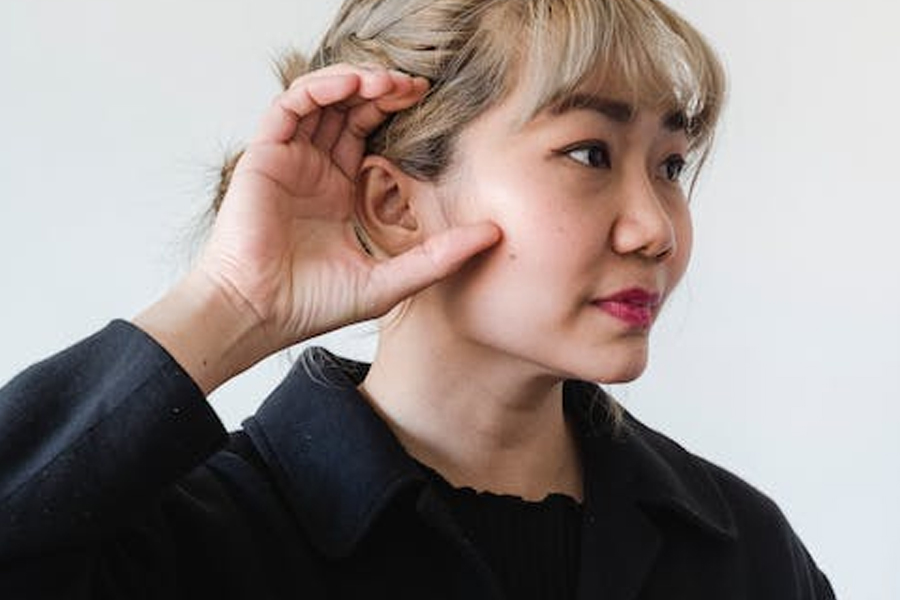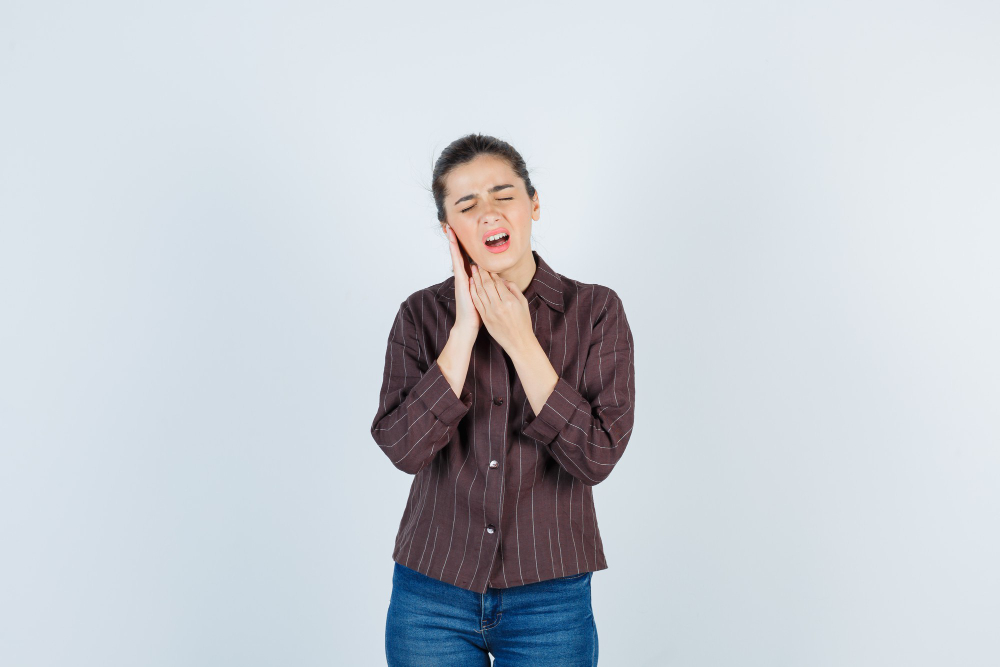Autoimmune inner ear disease (AIED) is a syndrome of sensorineural hearing loss (SNHL) that is caused by an abnormal reaction by the immune system attacking the inner ear.
This condition affects the cochlear and vestibular function of both ears, thus impacting your hearing, balance, and speech.
The autoimmune inner ear disease attacks hair cells, which are needed for proper hearing. This loss can cause imbalance and dizziness as a result.
AIED occurs progressively and is often a non-age-related condition. Without proper prevention or treatment, this can lead to severe deafness.
AIED can often be misdiagnosed for other conditions such as acoustic neuroma, neurosyphilis, or Meniere’s disease. To properly identify your condition, you may need to undergo the following tests:
- Erythrocyte sedimentation rate
- Rheumatoid factor
- Anti-nuclear antibody titer
- Quantitative immunoglobulin determination
- Leukocyte migration inhibition test
Often, AIED is associated with the following conditions caused by the same autoimmune attacks:
- Cogan’s syndrome
- Relapsing polychondritis
- Systemic lupus erythematosus
- Wegener’s granulomatosis
- Polyarteritis nodosa
- Sjogren’s syndrome
- Lyme disease
Causes
The most common cause for AIED is your immune system attacking the inner ear protein called Cochlin. It is possible for the Endolymphatic sac (a structure of the inner ear) to become dilated as a result of this condition.
Symptoms
- Losing hair cells in inner ear
- Imbalance
- Feeling of fullness in the ear
- Tinnitus
- Vertigo
Treatment
Early detection of AIED can help prevent or lessen the impact of your hearing loss. If you are experiencing gradual hearing loss stretching for months, visit your healthcare provider.
For a proper diagnosis, you will have to undergo hearing tests and image scans.
If you are having hearing loss that is getting worse in both ears over weeks to months, you should see an ENT specialist who can make a diagnosis after reviewing your hearing tests and imaging scans.
A steroid and immunosuppressive medication may be prescribed if your doctor detects any symptoms of AIED.
Additionally, your doctor might recommend that you get a hearing aid or another assistive listening device. Cochlear implants may be recommended for patients with significant hearing losses. If you are interested in other specific treatment options, speak with your doctor.
You can visit Hearing Solutions, located in Century Plaza Complex, Juana Osmeña St, Cebu City. You can also visit our Consolacion branch for service. It can be found in the CPG Arcade, on North Road, in Consolacion.
To book an appointment, you can call us at 0932 788 1168 or message us on Facebook.
Don’t wear them outdoors if you think it’s risky
Water and technology don’t mix well. Using your hearing aid when fresh out of the shower or on the beach will destroy them. Your ear canals are most likely still wet by the time.
Using them while partaking in heavy exercises is also taboo. You risk getting sweat inside your hearing aid. The dryer your hearing aid, the longer it will last. It’s best to keep it in a dry container to prevent moisture.




